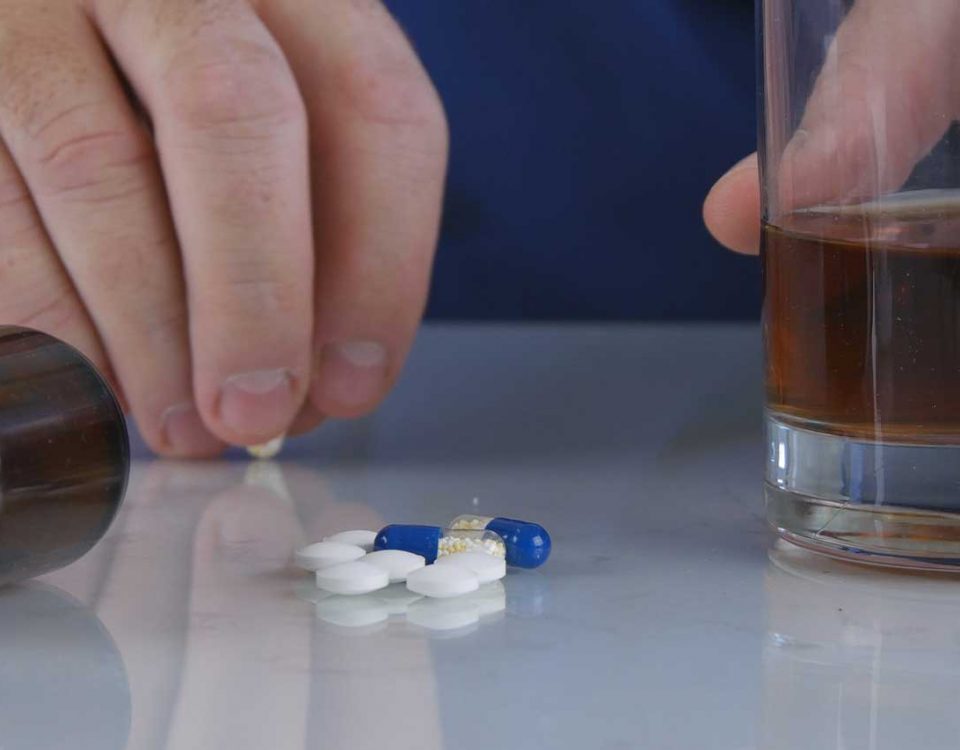Desoxyn is the generic name for methamphetamine hydrochloride (HCL). While you may immediately think of the methamphetamine (meth) that’s sold illegally on the street, Desoxyn is made from a much weaker and safer form of methamphetamine that’s created in medical laboratories. Desoxyn is part of the stimulant drug class and is used for the treatment of a sleep disorder called narcolepsy as well ADHD and sometimes obesity. It’s also a Schedule II drug, meaning that it can be used for medical purposes but can also cause addiction and overdose if taken in high doses. Below are common Desoxyn overdose symptoms to watch out for.
Can You Overdose on Desoxyn?
When someone intentionally or accidentally takes Desoxyn in large doses, overdose symptoms may occur. The starting dose of Desoxyn is 5 mg by mouth once or twice a day.
Doses may be increased in increments of 5mg weekly or until the desired response is achieved. The usual maximum dose of Desoxyn is 20 to 25 mg taken by mouth daily, so we can assume that the overdose amount can range from 30 mg or higher.
According to the Drug Abuse Warning Network (DAWN), stimulants like methamphetamine and amphetamines were involved in 93,562 emergency department visits in one year. Desoxyn overdose may occur if:
- The drug is taken in larger doses than directed by the prescribing doctor
- The person has an unknown underlying health condition that makes them more sensitive to the drug
- The person has an unknown underlying health problem that inhibits the body from processing the drug properly
- The drug is combined with alcohol, illicit drugs, or other medications
Desoxyn drug overdose symptoms can be life-threatening and may vary in severity and longevity based on several factors.
Desoxyn (Methamphetamine HCL) Overdose Symptoms
Symptoms of overdosing on Desoxyn may vary in severity depending on the amount of the drug the individual takes, whether they have an underlying liver or kidney problem that could increase their likelihood of toxicity, and if they took Desoxyn with another substance or by itself. Many individuals abuse their prescription stimulants by combining them with alcohol or other stimulants or depressants to increase their side effects.
Common Desoxyn overdose symptoms include:
- Abnormal blood pressure
- Agitation
- Chest pain
- Convulsions
- Heart attack
- Kidney damage or possible kidney failure
- Nausea and vomiting
- Respiratory depression
- Severe stomach cramps
- Shaking or tremors
- Stroke
- Anxiety
- Paranoia
- Hallucinations
- Aggressiveness
If you recognize methamphetamine hydrochloride overdose symptoms in someone, call 9-1-1 immediately. These symptoms could be life-threatening and lead to permanent health problems, if not death.
Get Stimulant Addiction Treatment Today
Desoxyn – along with other prescription and illicit stimulants – has a potential for physical dependence and addiction if abused for long periods. Even people who take methamphetamine HCL as prescribed may experience physical dependence, for which patients require medically assisted detox and a tapering schedule to safely recover.
For those struggling with stimulant addiction, our rehab in Texas is here for you. We offer prescription drug addiction treatment, as well as meth treatment, that incorporates detox and psychotherapy to help clients regain physical and psychological sobriety.
Our specialists work daily with clients to help them develop effective relapse prevention strategies to help them stay on track after rehab. For more information about our Texas drug and alcohol treatment, call Banyan Treatment Centers today at 888-280-4763.
Source:
Related Reading:









